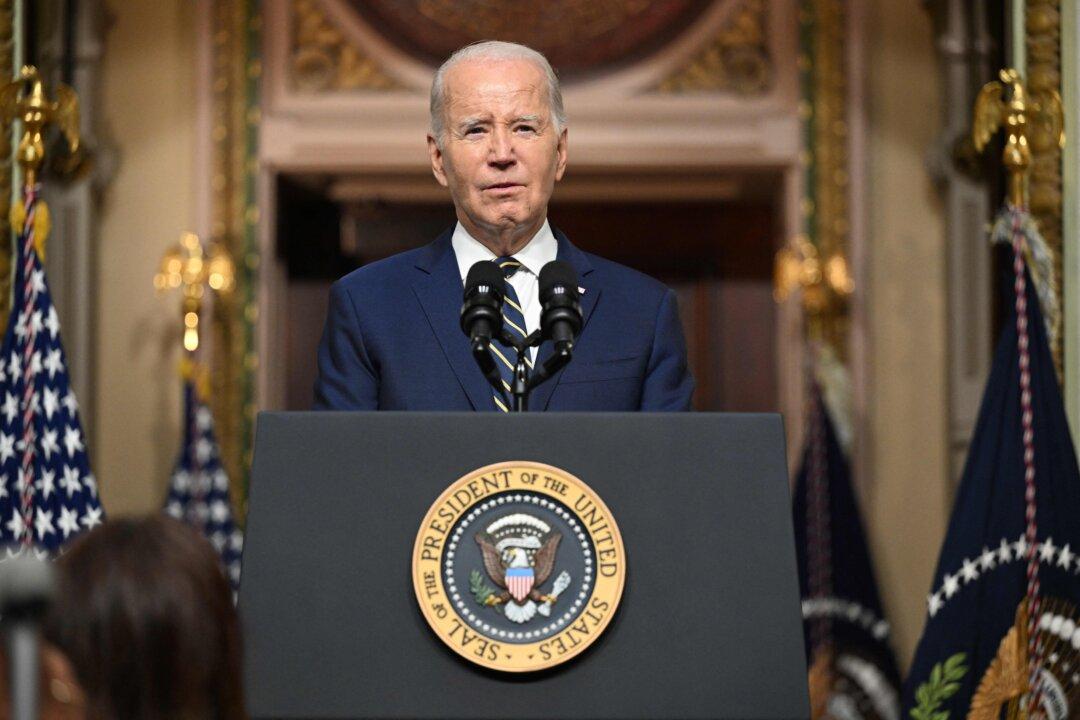The White House has issued guidance to increase the use of U.S.-made iron, steel, construction materials, and manufactured products in government-funded infrastructure projects.
The White House Office of Management and Budget (OMB) released the final guidance on Aug. 14, intended to support the implementation of the provisions outlined in the “Build America, Buy America” Act.





